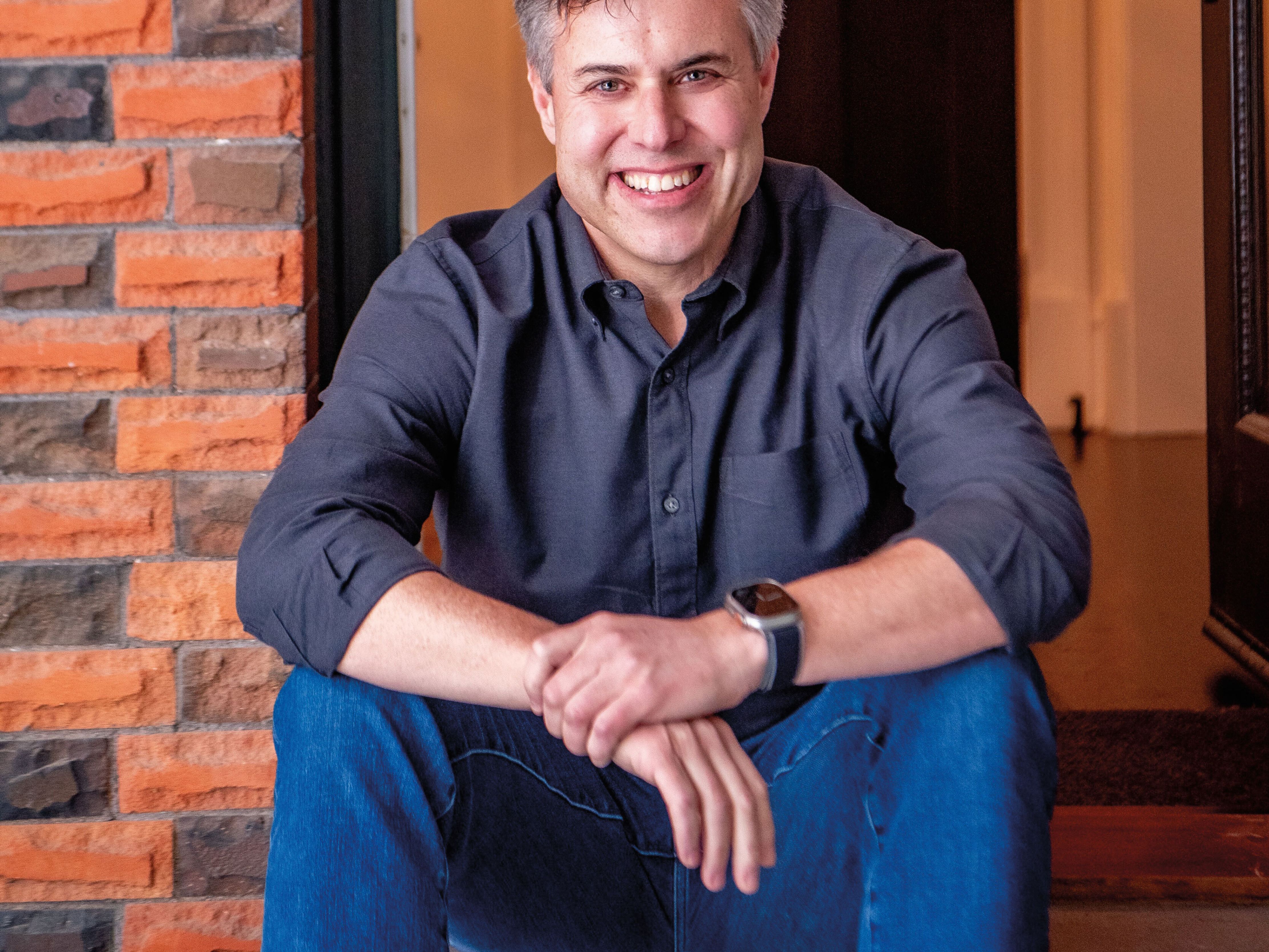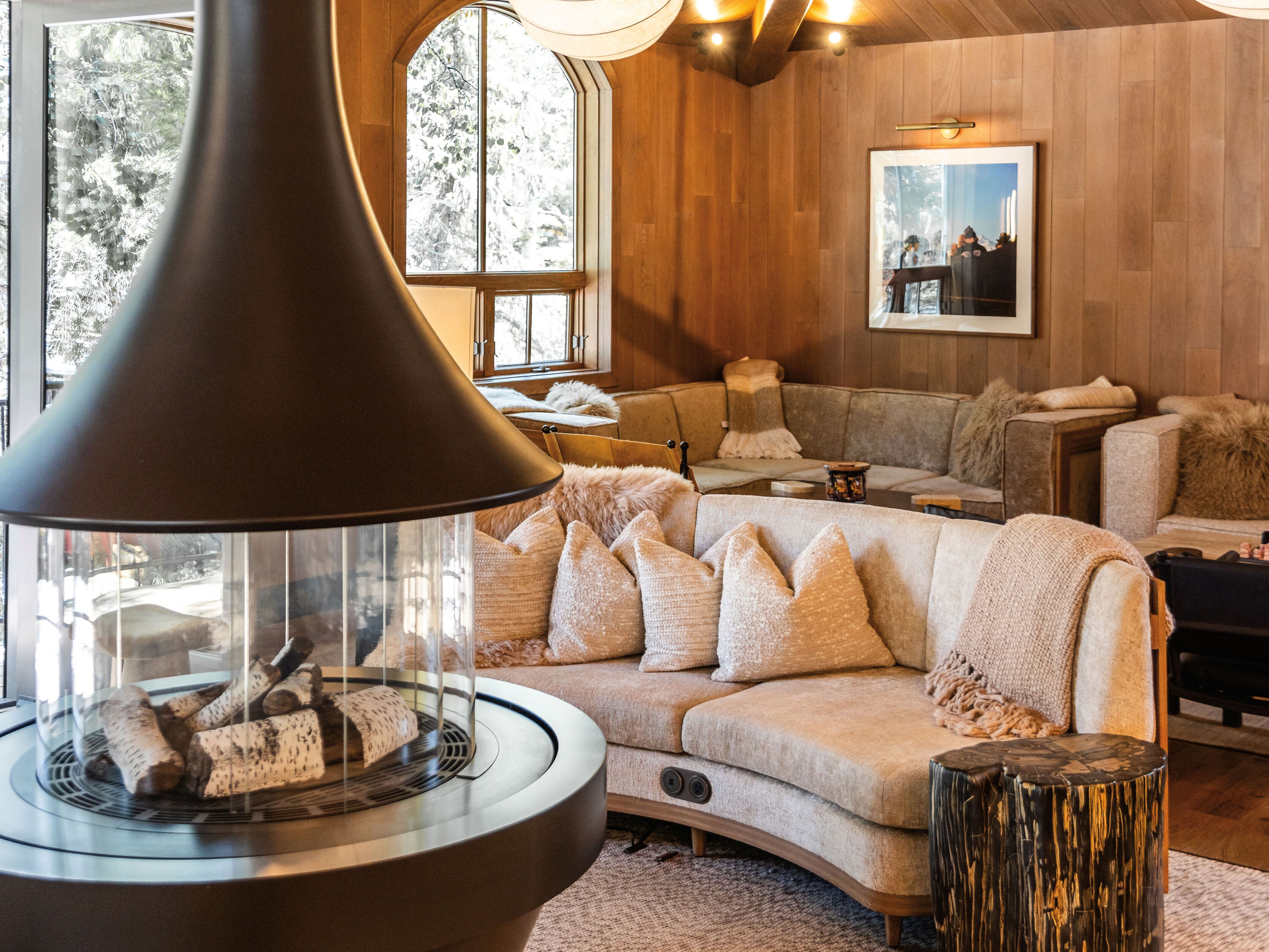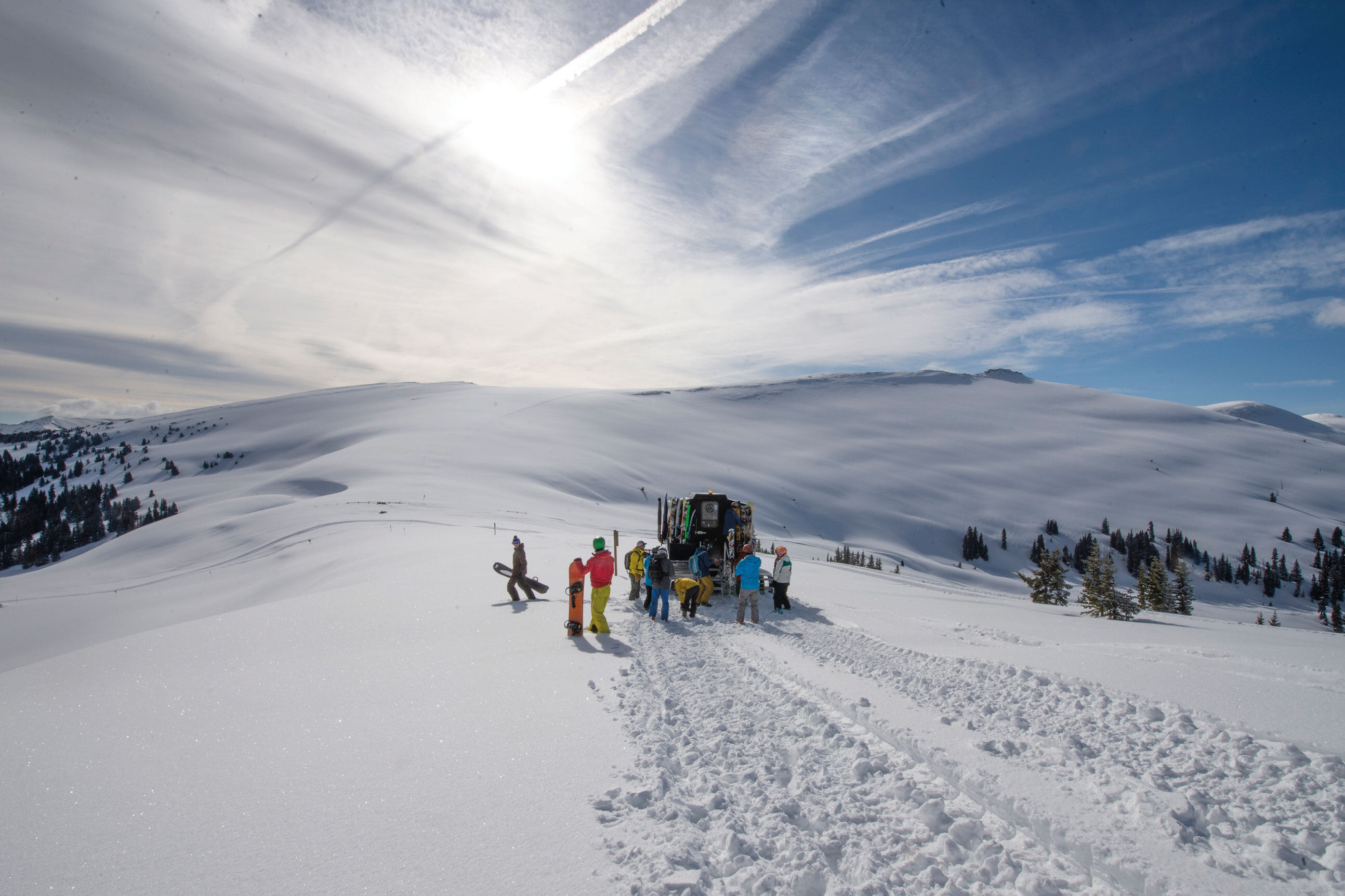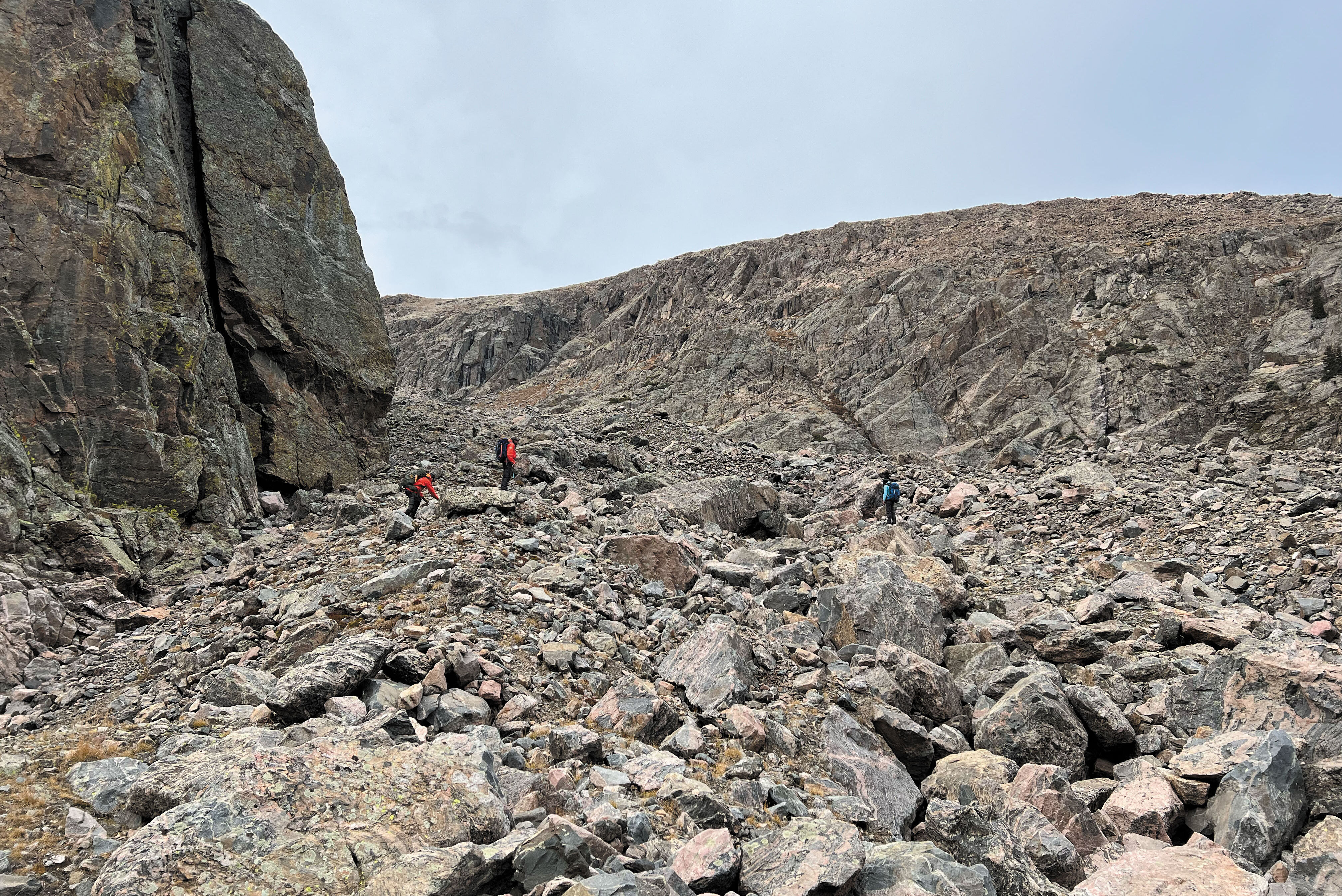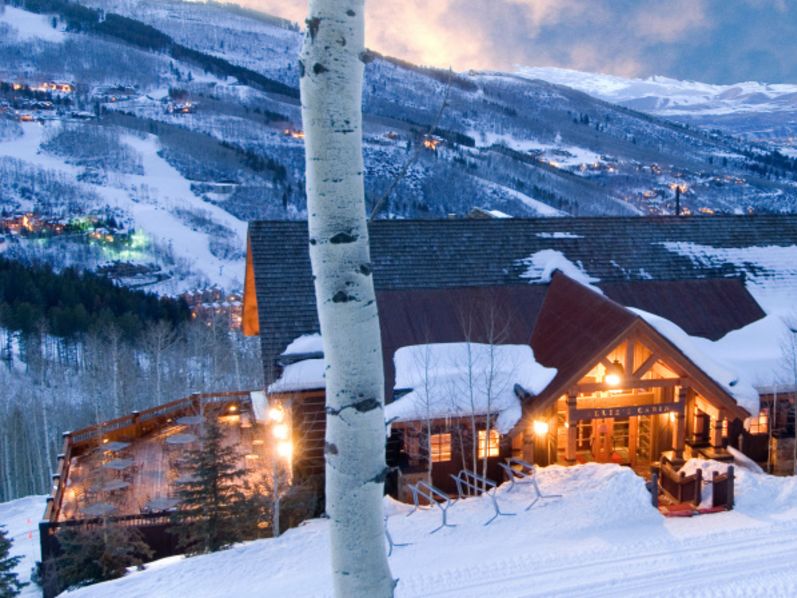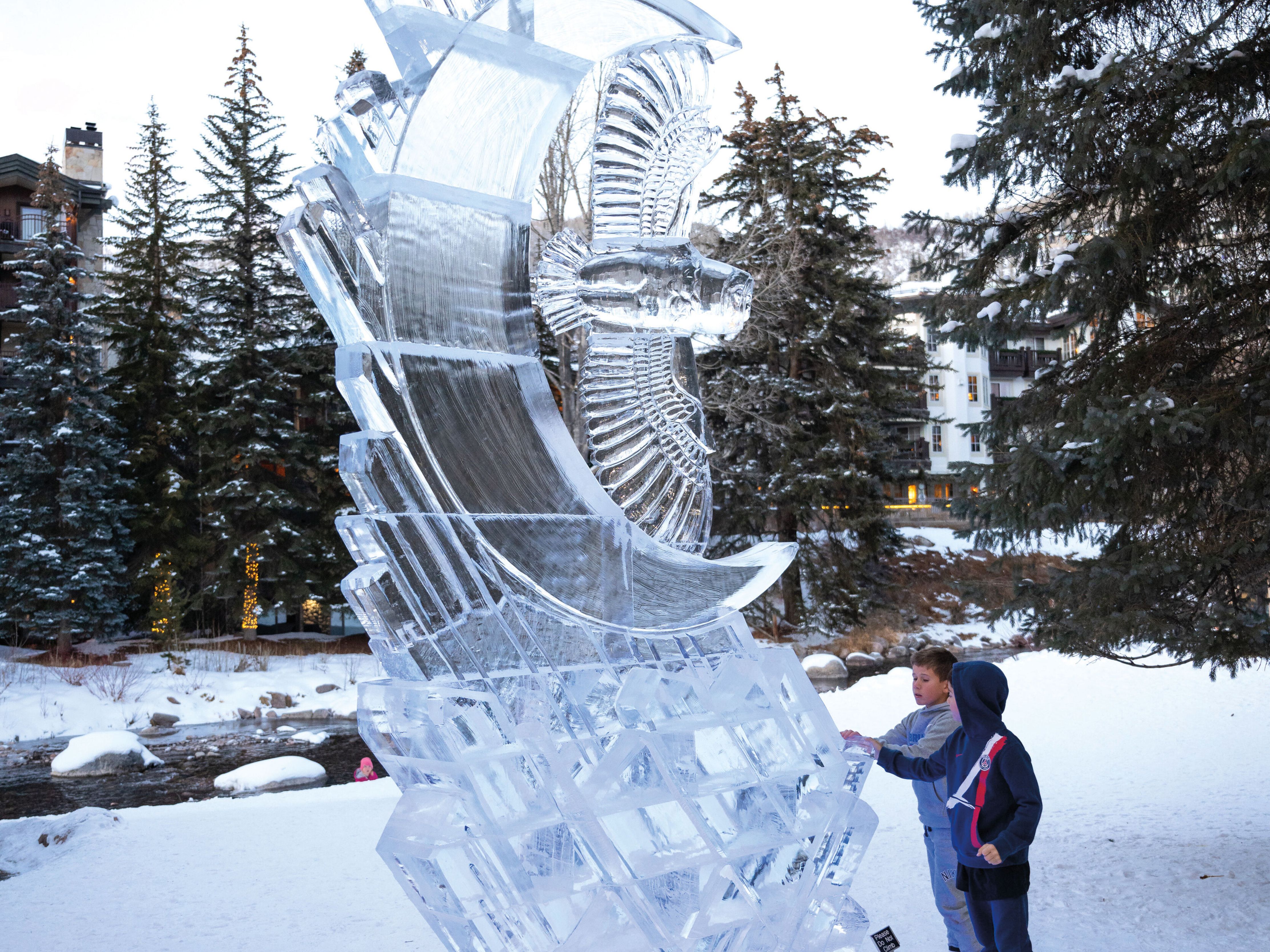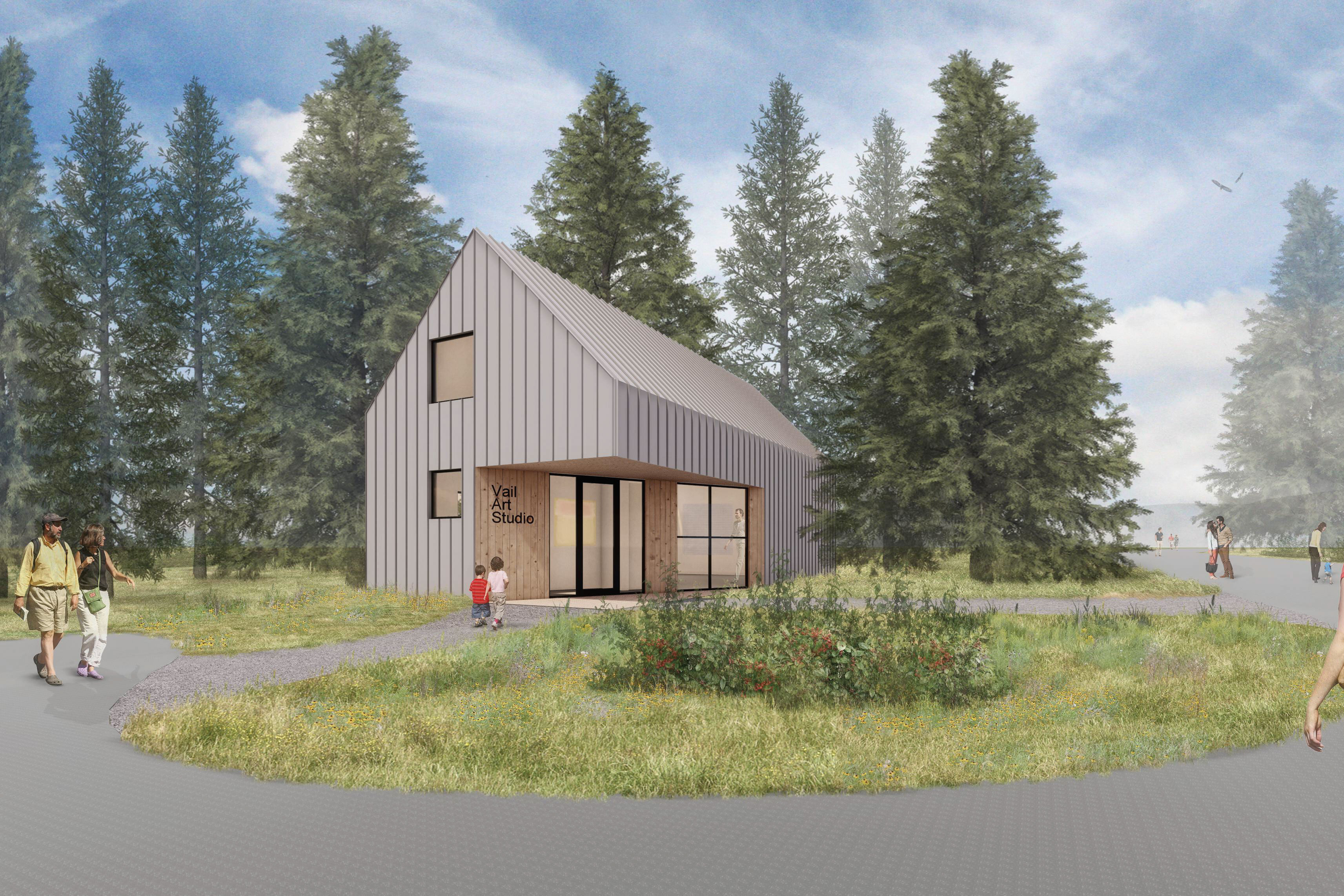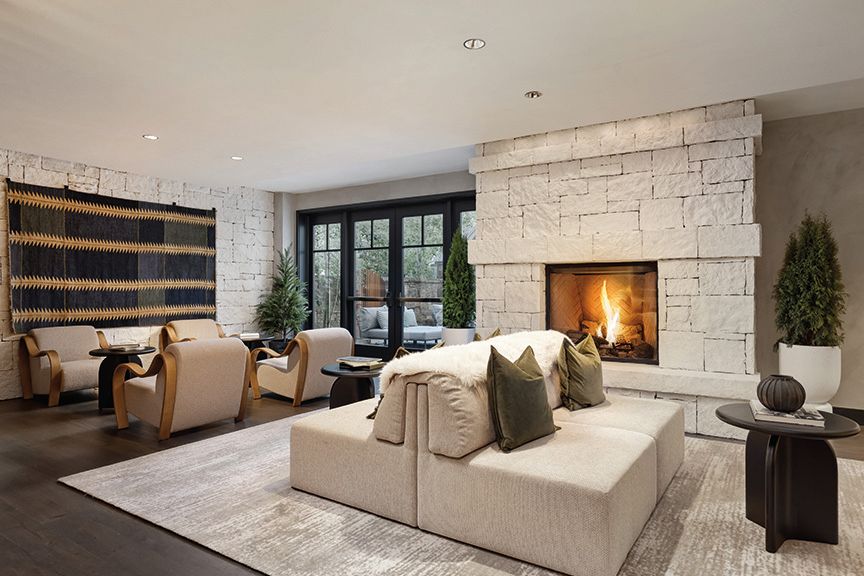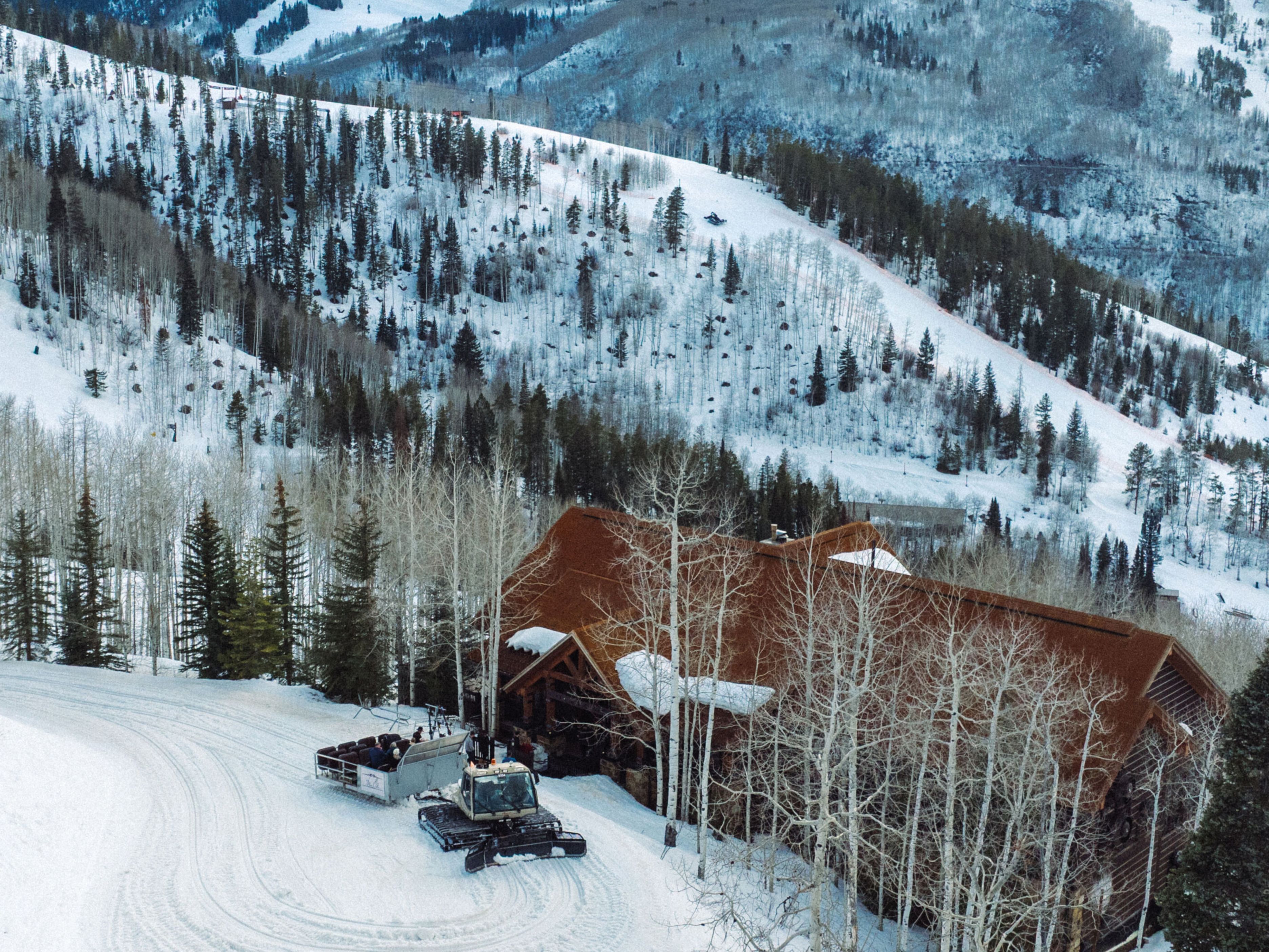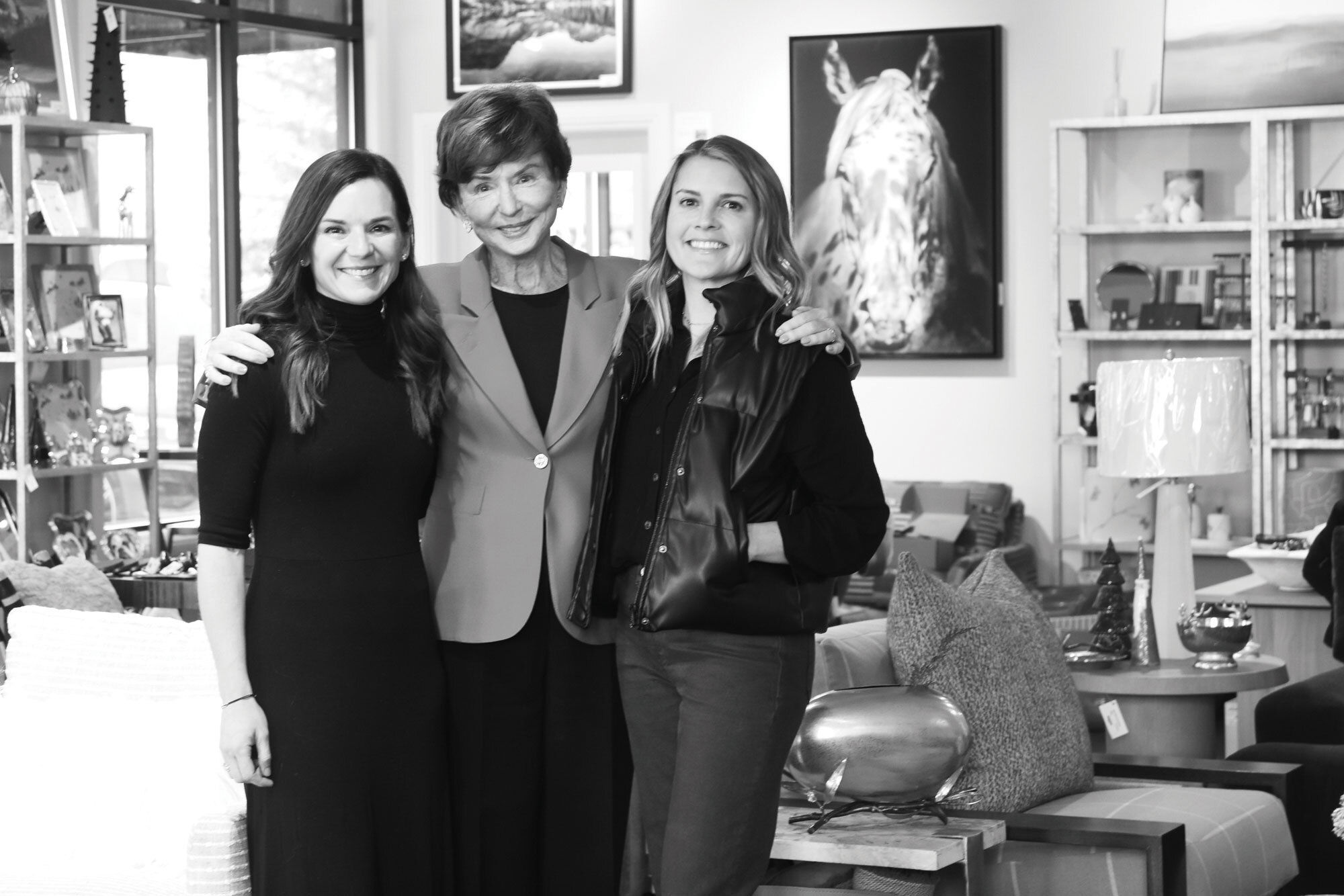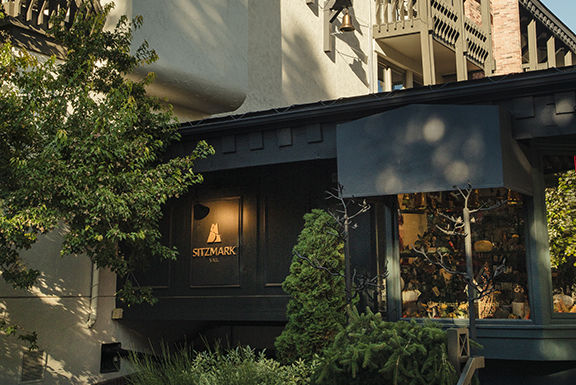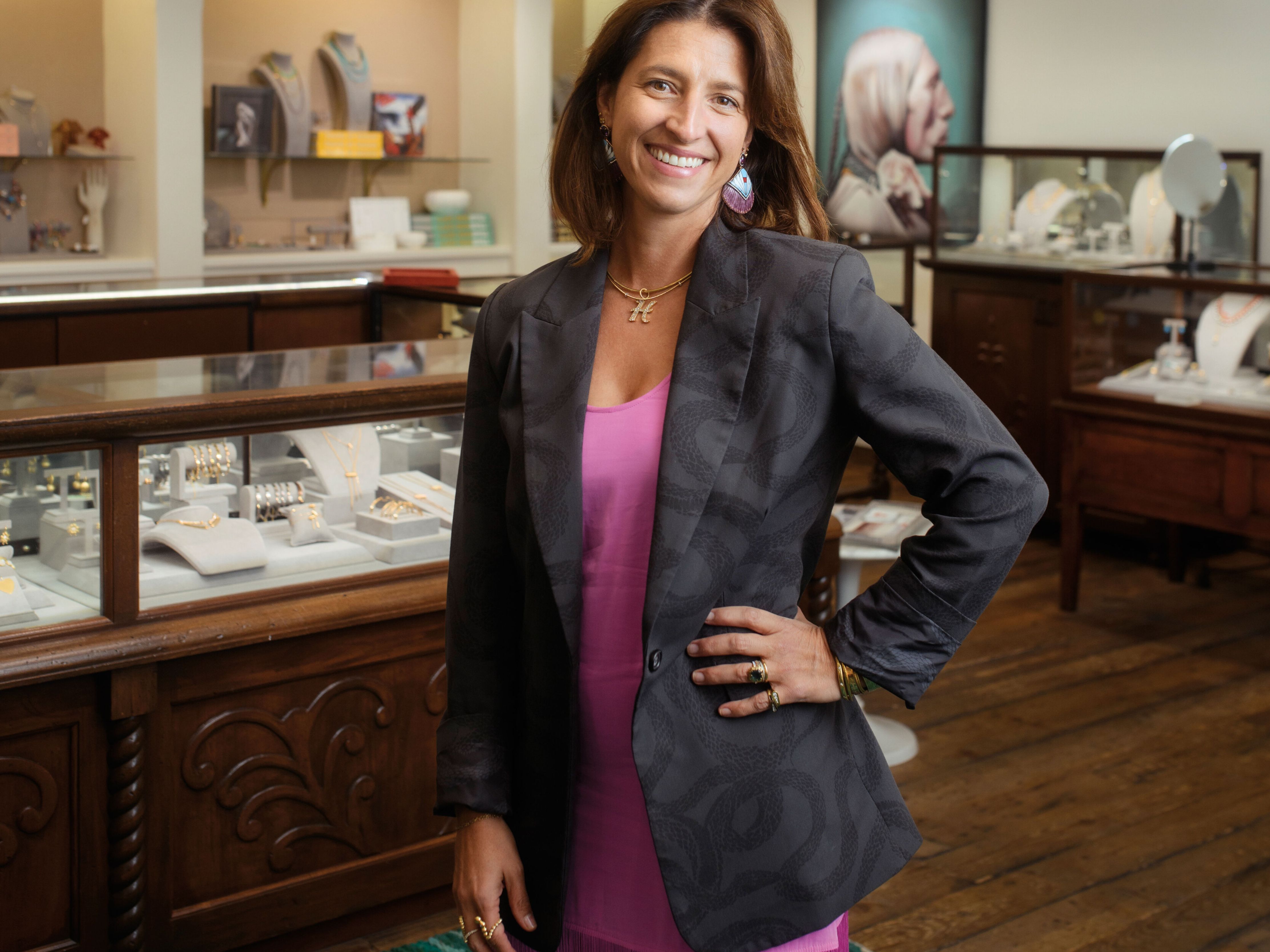The Vilar Finds a Way to Keep the Lights On
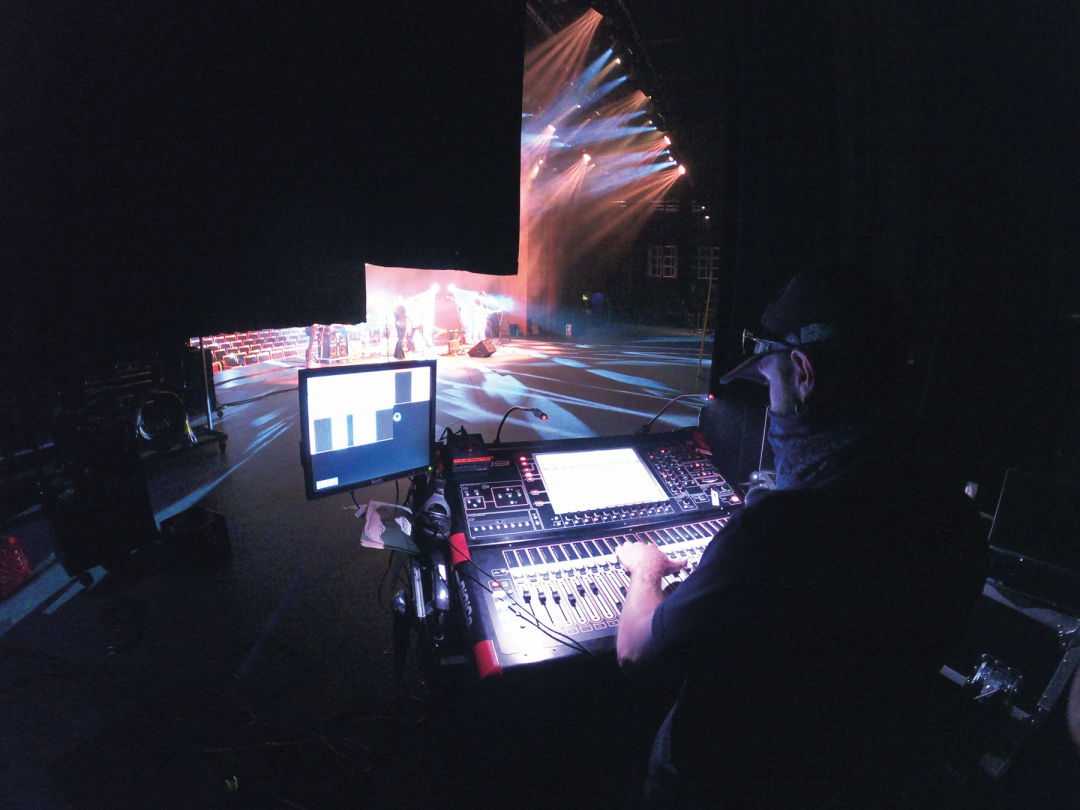
Bridget Law and the Elephant Collective performing to an almost-empty Vilar at the Ghost Light Sessions on Aug 27
Among the many superstitions of the theater—from never mentioning the Scottish play to prohibiting mirrors onstage—none is more poetic, or apt for our times, than the “ghost light,” a single incandescent bulb suspended centerstage that remains lit after the audience and performers have departed.
“It’s very symbolic—all theaters have them,” explains Vilar Performing Arts Center (VPAC) Director Duncan Horner. “You assume all theaters have ghosts and are haunted to some extent. It’s there to entertain the good spirits and let them enjoy the space while we’re gone.”
After the pandemic ended the last ski season in March, and the first wave of Covid-19 kept crowds away through April, the ghosts had plenty of time to frolic on the stage at the Vilar Performing Arts Center, a 530-seat concert hall that the foundation operates in Beaver Creek Village. Even the most audiophilic thespian spirits must revel in the intimate wood-paneled space, renowned for its acoustics, that was modeled after Max Littman’s Künstler-Theater in Munich.
Then in May, the foundation announced the cancellation of marquee events in Vail Village (including its GoPro Mountain Games) and signature summer festivals at the 2,560-seat Gerald R. Ford Amphitheater (including Bravo! Vail, the Vail Dance Festival, and the Whistle Pig concert series). That left Horner and his staff brainstorming ways to make a Covid-be-damned cultural last stand at the Vilar, sustaining idled entertainers as well as dozens of highly skilled behind-the-scenes theater professionals who made the place run, from lighting technicians and sound engineers to stagehands.
With people worldwide cloistered in their homes and doing business via Zoom meetings—and finding their entertainment online—the foundation staff hit on the idea of inviting regional musicians to perform on the Vilar’s stage to an empty hall, produced by a professional film crew and live-streamed on YouTube and Facebook to an online audience that could register their likes via emojis and ante into a virtual tip jar via Venmo. The name for the pandemic concert series? The Ghost Light Sessions.
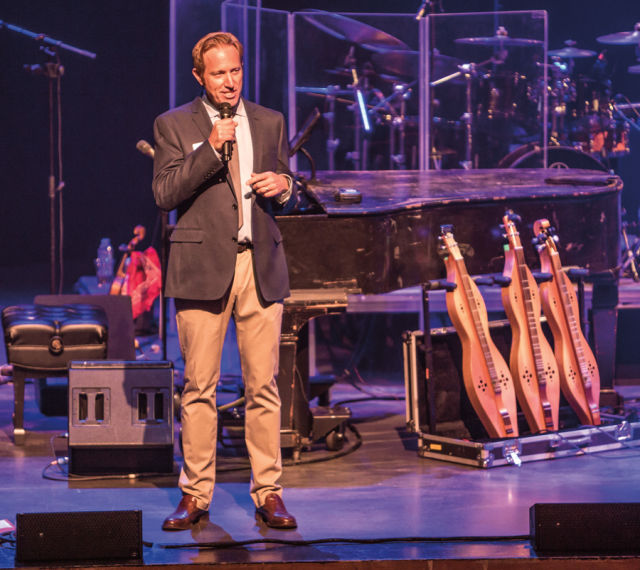
Vilar Performing Arts Center Executive Director Duncan Horner
“It’s essential for a small venue in the Rocky Mountains to keep the lights on in entertainment any way we can,” explains Horner, who estimates it would take the organization a year or more to replace the specialized personnel who keep the venue running. “As soon as you turn the lights off, you lose all the people who staff those events and have technical skills that take years to train.”
The first performance, by the Runaway Grooms—a five-piece Americana band from Vail, whose members met in Vail Resorts employee housing—aired on May 7 and exceeded expectations, with proceeds from the virtual tip jar more than covering the band’s fee. That success begat another 15 Ghost Light Sessions throughout spring and summer; as the pandemic ebbed and local health restrictions relaxed, the Vilar became the first concert hall in the region to reopen, with bands performing to socially distanced live audiences of 10 to 100.
“It was really, really fun,” says Bridget Law, a Boulder fiddle player who performed at the Vilar with her husband’s Tierro Band in July and with another band, the Elephant Collective, in August. “I love the Vilar; it’s one of my two favorite venues, the other being Red Rocks.... These people who braved the pandemic, they were so present in the experience, it makes the music being made that much more powerful.”
The Residency Series
Vilar Performing Arts Center, vilarpac.orgMicaela Taylor’s All-Star Band, Jan 7–9, $134
Robert Randolph, Jan 14–16, $175
Leftover Salmon, Jan 21–23 SOLD OUT
Keller Williams, Jan 28–30, $80
Oteil Burbridge, Feb 4–6, $200
Now, the Ghost Light Sessions has given rise to The Residency Series, a hybrid live-streamed/limited-live audience performance roster featuring five nationally known recording artists who will occupy the stage for three nights every weekend in January and one in February. Keller Williams says he would play for an in-house audience of one—or none—as long as he can get out of Keller’s Cellar, his basement studio in Fredericksburg, Virginia.
“It’s so amazing to see the pivot that is happening, to have promoters taking a chance,” says Williams, a singer/songwriter who has live-streamed more than 50 concerts while sheltered at home since the pandemic began. “I’m so grateful to be a part of this, to do what I do in front of an audience.”
Even if it’s an audience of ghosts.
“This empty dark theater with one lamp without a shade: it’s such a beautiful thing to do for the spirits” and, he deadpans, “for the dumb janitor who’d otherwise fall off the stage.”

